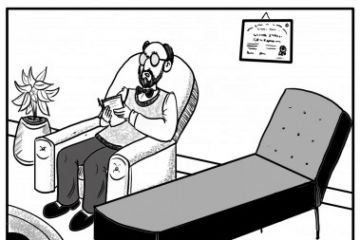
Malaysian
Prime Minister Najib Tun Razak is in deep political trouble. That much is clear
to the meanest political intelligence, but is it terminal? The answer is
obscured by the absence so far of open intra-party revolt even though strong
words are exchanged every day and the wagons are being circled slowly,
methodically. How far this would have got him in an election year is a moot
point but that test, happily for him, is still some years away. The worries
must be mounting, however, as i





